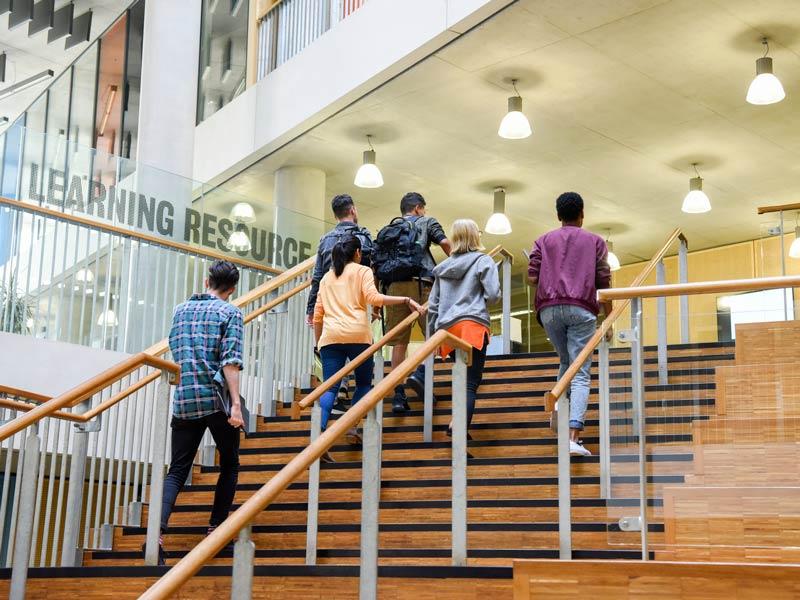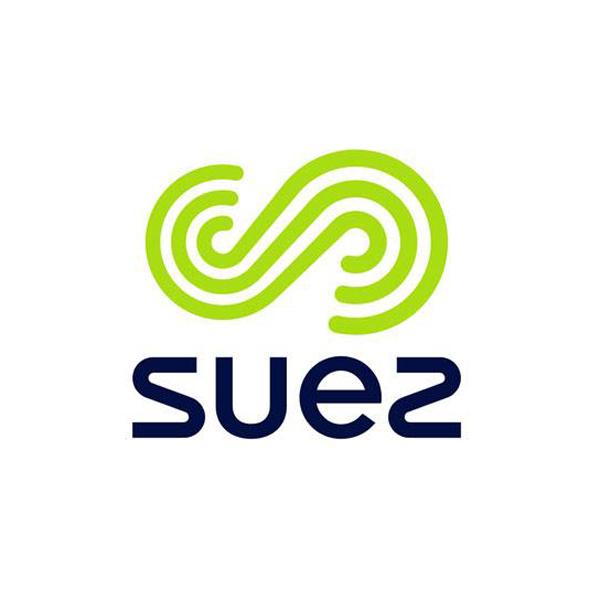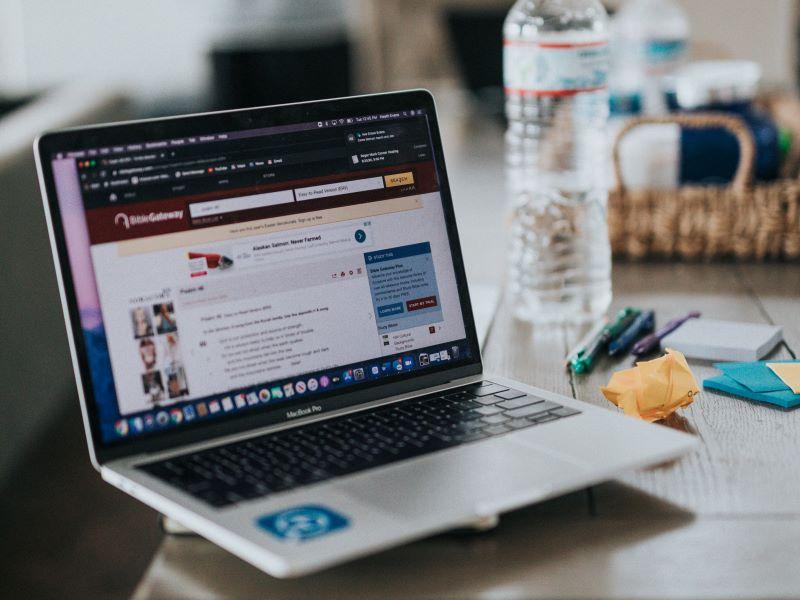
Waste management: a fast track to net zero

The Department for Education’s April 2022 policy paper proposes a partnership approach to support the delivery of the government’s 25 Year Environment Plan and Net Zero Strategy.
“Together we will support net zero through skills and decarbonisation; play a significant part in nature’s recovery; build an education system resilient to climate change; and provide the truth and hope that young people need to flourish in our changing world,” the paper reads.
It asks the education sector to play its part in reducing public-sector emissions against a 2017 baseline by 50 per cent by the end of 2032, and 75 per cent by the end of 2037.
These targets will be challenging for the higher education sector, but by simply engaging students and staff, the sector can deliver huge contributions to reduce energy demand, adapt to climate risks, drive innovation in construction, act as a catalyst for green jobs and deliver savings. The benefits will be far-reaching, improving health, supporting biodiversity and minimising damage to the environment, all while delivering learning opportunities.
Research finds that students are more committed than ever to reversing the effects of climate change. This commitment to achieving net zero makes student engagement activities highly productive.
Harnessing waste management is a quick, simple and action-orientated route to both engagement and making speedy progress towards net zero targets. By increasing its rate of recycling, the average university can make significant progress towards its net zero targets.
An efficient and effective system-based approach to waste management can increase recycling behaviours and produce substantial cost savings.
The mantra “reduce, reuse, recycle” is a well-established message, which can be put to work to mobilise the latest cohort of students. It is important to educate incoming students on the university’s waste management practices. The university’s list of recyclables is likely to be different to the student’s local list, plus new students also need to get to grips with bin locations, collection times and other waste management practices.
SUEZ recycling and recovery UK is pleased to share its experience and help universities master these engagement challenges to quickly reach their net zero potential. SUEZ has built up significant data from market research into student behaviours, which can support universities’ efforts. Read the 2013 Lifting the Lid and the 2021 Lifting the Lid Higher reports, produced in partnership with Students Organising for Sustainability UK, for more detail.
Alongside this research, SUEZ has helped several long-standing university customers achieve zero waste to landfill by tackling their engagement challenges and adapting waste behaviours. High-value engagement techniques include planning communications initiatives, such as signage, events and flyers, combined with a comprehensive, site-adapted approach to bin locations, recycling splits and reuse initiatives.
Alongside student communications, SUEZ has a suite of tips to encourage sustained staff engagement and gather the support of university opinion leaders such as the environmental studies department and other committed climate enthusiasts.
SUEZ customers can testify that achieving waste management and recycling goals can be a simple matter once they are armed with the right tools and a productive supplier partnership. “We have been impressed with how efficiently SUEZ was able to mobilise this new contract and have continued to surpass our expectations,” says John Howes, external services manager at the University of Northampton.
Click here to access free user engagement resources, proven to deliver sustainability benefits in demanding, real-life university environments.
Click to read the Department for Education’s April 2022 policy paper, the government’s 25 Year Environment Plan and the Net Zero Strategy.

